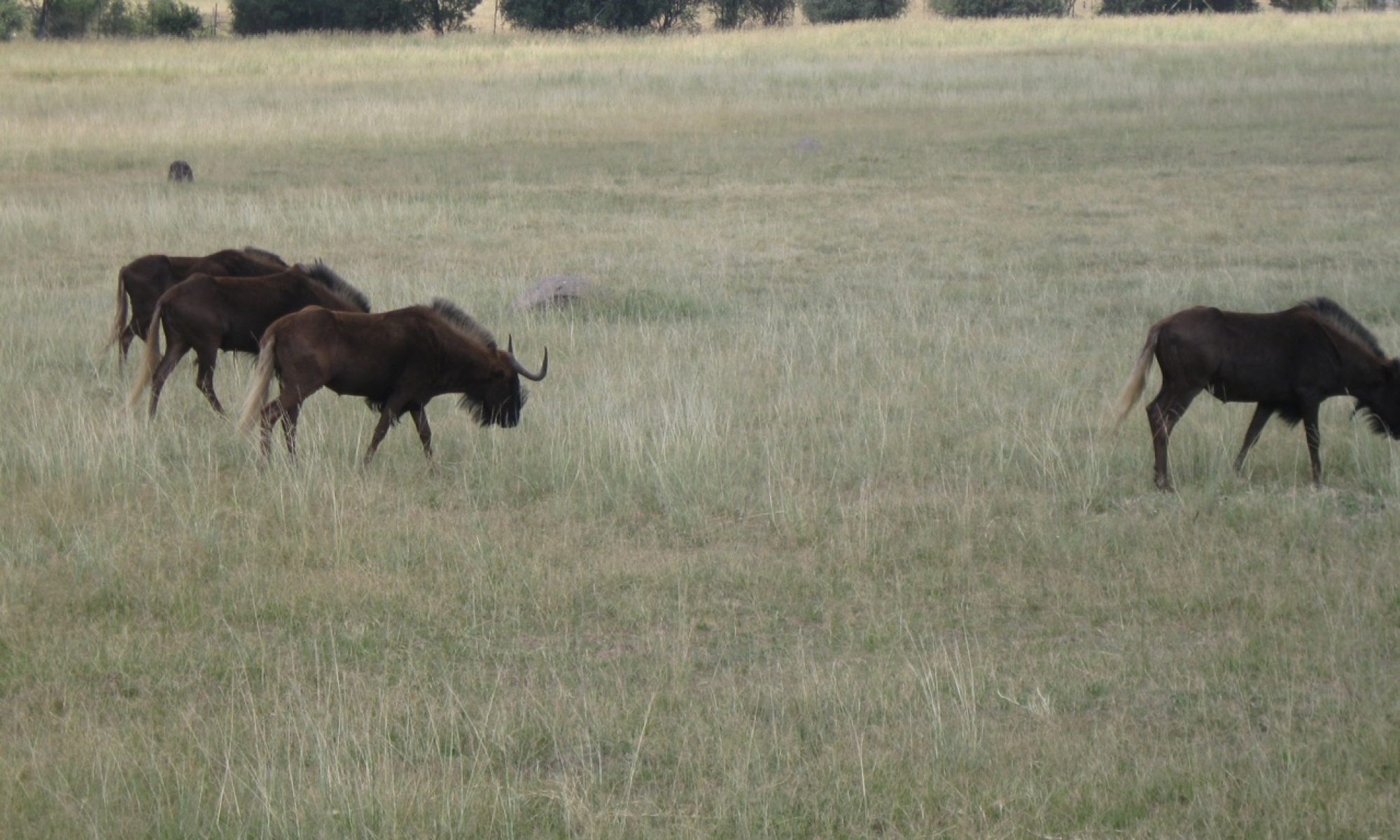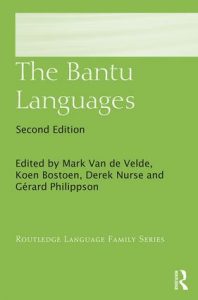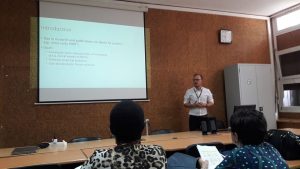A paper I co-authored with Bastian Persohn, entitled “What’s in a Bantu verb? Actionality in Bantu languages” has been published (open access) in volume 17.2 of Linguistic Typology. In addition to the main article, there is an online appendix reviewing theories of actionality in Bantu languages (downloadable here). I had a wonderful time writing this paper with Bastian, who is a great collaborator in addition to being a brilliant linguist.
There is still a lot to learn about aspect and actionality in Bantu!
Abstract:
The lexical and phrasal dimensions of aspect and their interactions with morphosyntactic aspectual operators have proved difficult to model in Bantu languages. Bantu actional types do not map neatly onto commonly accepted categorizations of actionality, although these are frequently assumed to be universal and based on real-world event typologies. In this paper, we describe important characteristics and major actional distinctions attested across Bantu languages. These, we argue, include complex lexicalizations consisting of a coming-to-be phase, the ensuing state change, and the resultant state; sub-distinctions of coming-to-be phases, and other issues of phasal quality. Despite these fine-grained distinctions in phasal structure and quality, evidence for a principled distinction between activity- and accomplishment-like predicates is mixed. We review the current state of evidence for these characteristics of Bantu actionality and sketch methodological directions for future research.


